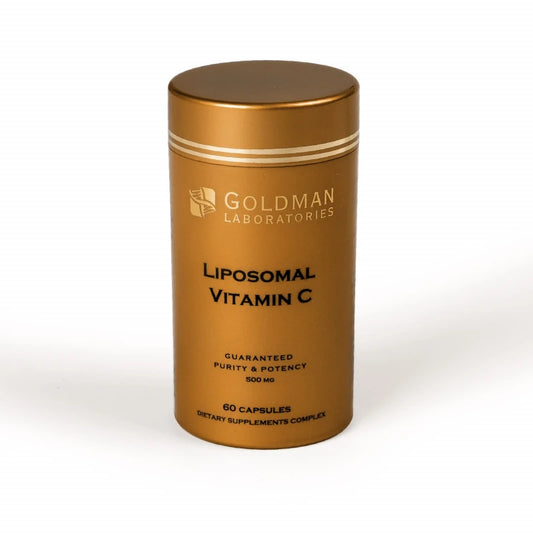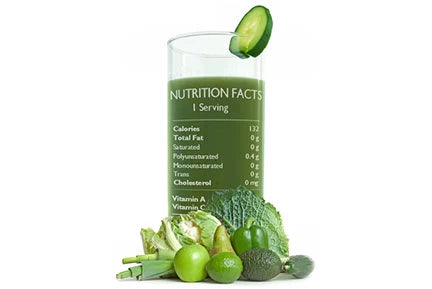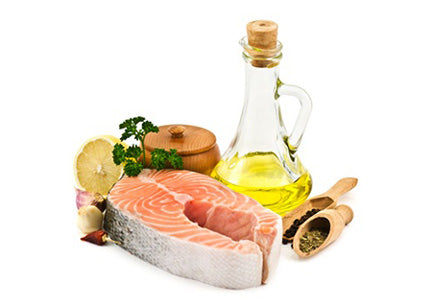
Surgery : Vitamin C, hypovitaminosis
Vitamin C, also known as ascorbic acid, is a water-soluble organic compound with multiple roles in the human body. It is an essential micronutrient, since the human organism cannot synthesize it and needs to take it on a daily basis from external sources. Vitamin C serves as a co-factor in several enzymatic systems, including the ones taking place in the hydroxylation of collagen, the biosynthesis of norepinephrine and carnitine, the hydroxylation of cortisol and the metabolism of cholesterol [1]. Therefore, a deficiency in this crucial nutrient will adversely affect several biological systems and functions.
Surgery: clinical evaluation cases
Recently, there has been some research evaluating the status of vitamin C in hospitalized patients who were in severe condition, either due to multiple trauma, or following surgery. A common finding has been that in those patients, hypovitaminosis C was frequent [2]. Since vitamin C deficiency in the developed world is rare, this type of hypovitaminosis is considered to be a response to the acute phase. Indeed, there seems to be a rise in the demand for vitamin C in critically ill, as well as pre- and post-surgical patients, for a variety of reasons, with increased uptake by circulating leukocytes and oxidative stress being the most important of them.
How to fight back this lack of vitamin C after surgery pre and post operative:
What’s more, it has been shown recently that the standard dietary recommendations for vitamin C are not enough to cover for the body’s increased needs during the pre- and post-surgical period. Two publications from Japan have suggested that in order to restore normal levels of vitamin C post-surgery, intravenous administration of at least 500mg of Vitamin C is required. In addition, when increased dosing is used, oxidative stress markers are reduced and several clinical outcomes, such as the incidence of atrial fibrillation, for example, are improved. Finally, supplementation of high-dose intravenous vitamin C has been shown to promote wound healing in patients who have been hospitalized with severe burns [3,4].
These findings also imply that adequate vitamin C supplementation is essential in orthopaedic surgery as well, because vitamin C is a key component in collagen synthesis, a crucial compound of cartilage and tendons [5] The increased peripheral consumption of vitamin C during the post-operative period will deprive it from ligaments and tendons, hindering their repair and slowing down post-surgical recovery. In essence, low vitamin C status after surgery means that there will be no collagen made and no tissue repair.
Since plasma concentrations of traditional vitamin C are tightly regulated during oral administration, only intravenously administered ascorbic acid may saturate the tissues adequately. However, intravenous administration is neither practical, nor inexpensive. An alternative means of equally efficient vitamin C administration already exists, in the form of true liposomal technology. Liposomal vitamin C supplements made by renowned manufacturers such as Goldman Laboratories, combine the efficacy of high biodisponnibility administration with the convenience of an oral capsule, achieving the maximum cellular uptake and high plasma concentrations.
References:
[1] : Berger M. Vitamin C Requirements in Parenteral Nutrition. Gastroenterology. 2009;137(5):S70-S78.
[2] : Evans-Olders R, Eintracht S, Hoffer L. Metabolic origin of hypovitaminosis C in acutely hospitalized patients. Nutrition. 2010;26(11-12):1070-1074.
[3] : Fukushima R, Yamazaki E. Vitamin C requirement in surgical patients. Current Opinion in Clinical Nutrition and Metabolic Care. 2010;13(6):669-676.
[4] : Kuwabara H, Goseki N, Nakamura H, Tamai S, Baba H, Nakajima K. Adequacy of vitamin C supplementation in patients with gastrointestinal disorders receiving parenteral nutrition: A randomized trial. e-SPEN, the European e-Journal of Clinical Nutrition and Metabolism. 2011;6(3):e148-e152.
[5] : BOYERA N, GALEY I, BERNARD B. Effect of vitamin C and its derivatives on collagen synthesis and cross-linking by normal human fibroblasts. International Journal of Cosmetic Science. 1998;20(3):151-158.





